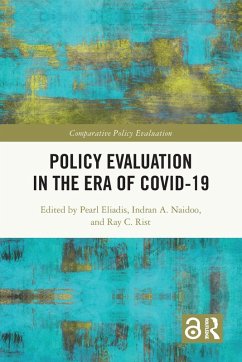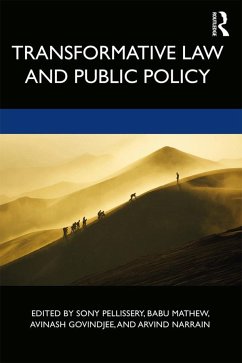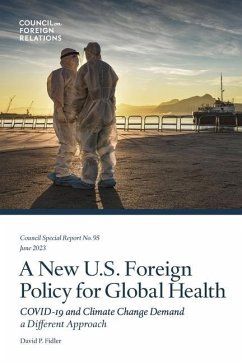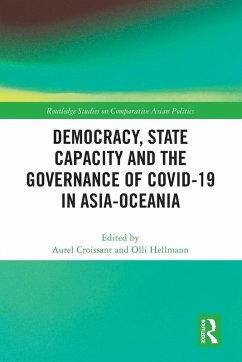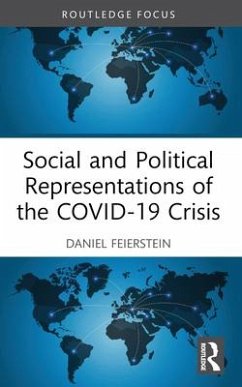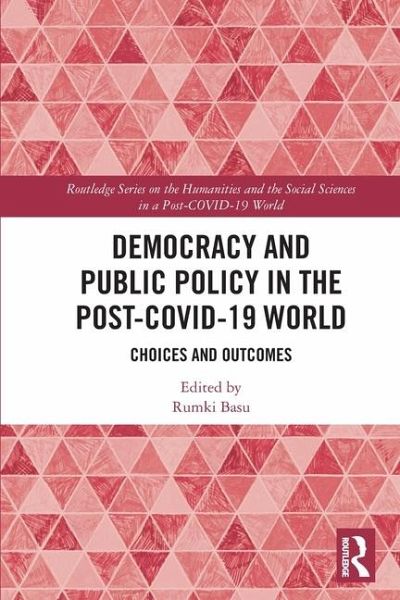
Democracy and Public Policy in the Post-COVID-19 World
Choices and Outcomes
Herausgeber: Basu, Rumki
Versandkostenfrei!
Versandfertig in 1-2 Wochen
55,99 €
inkl. MwSt.
Weitere Ausgaben:

PAYBACK Punkte
28 °P sammeln!
This volume studies the likely impact of the COVID-19 pandemic on future policy making in India and other democracies. It critically exmines the available theoretical frameworks, models and approaches used in the policy making process and studies their contemporary relevance.





